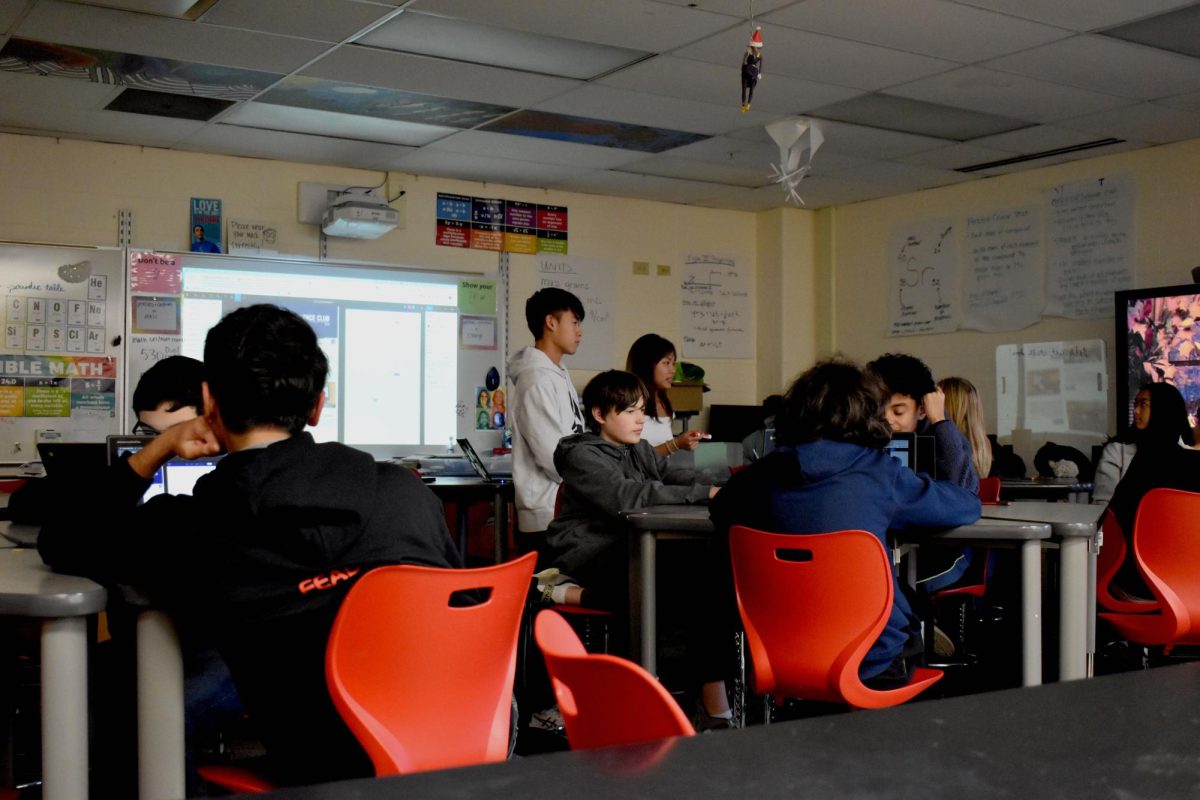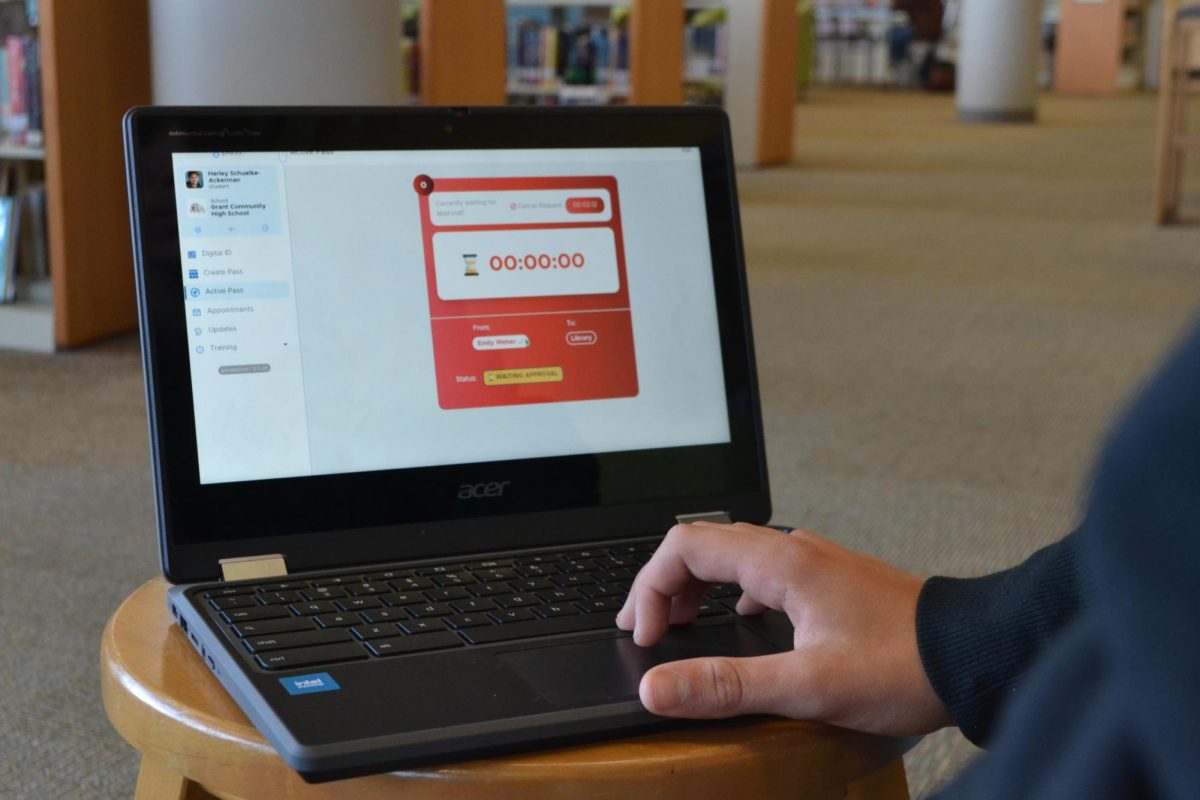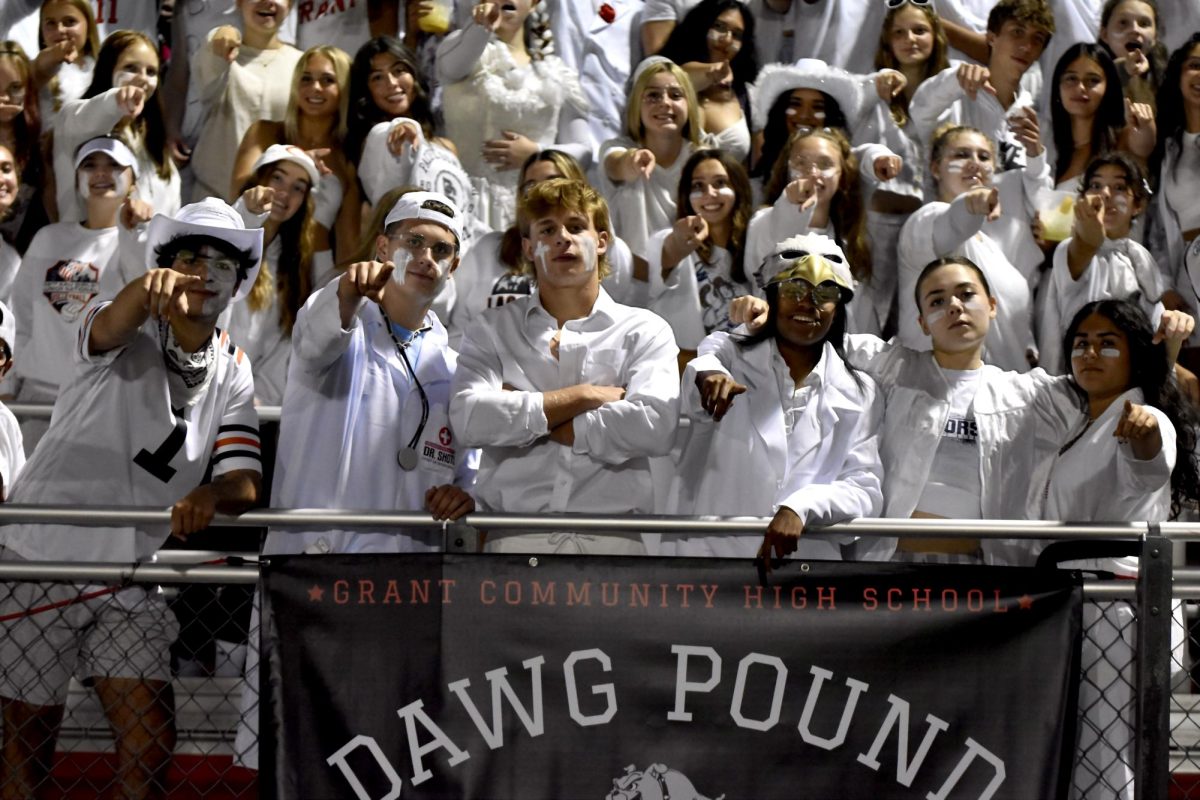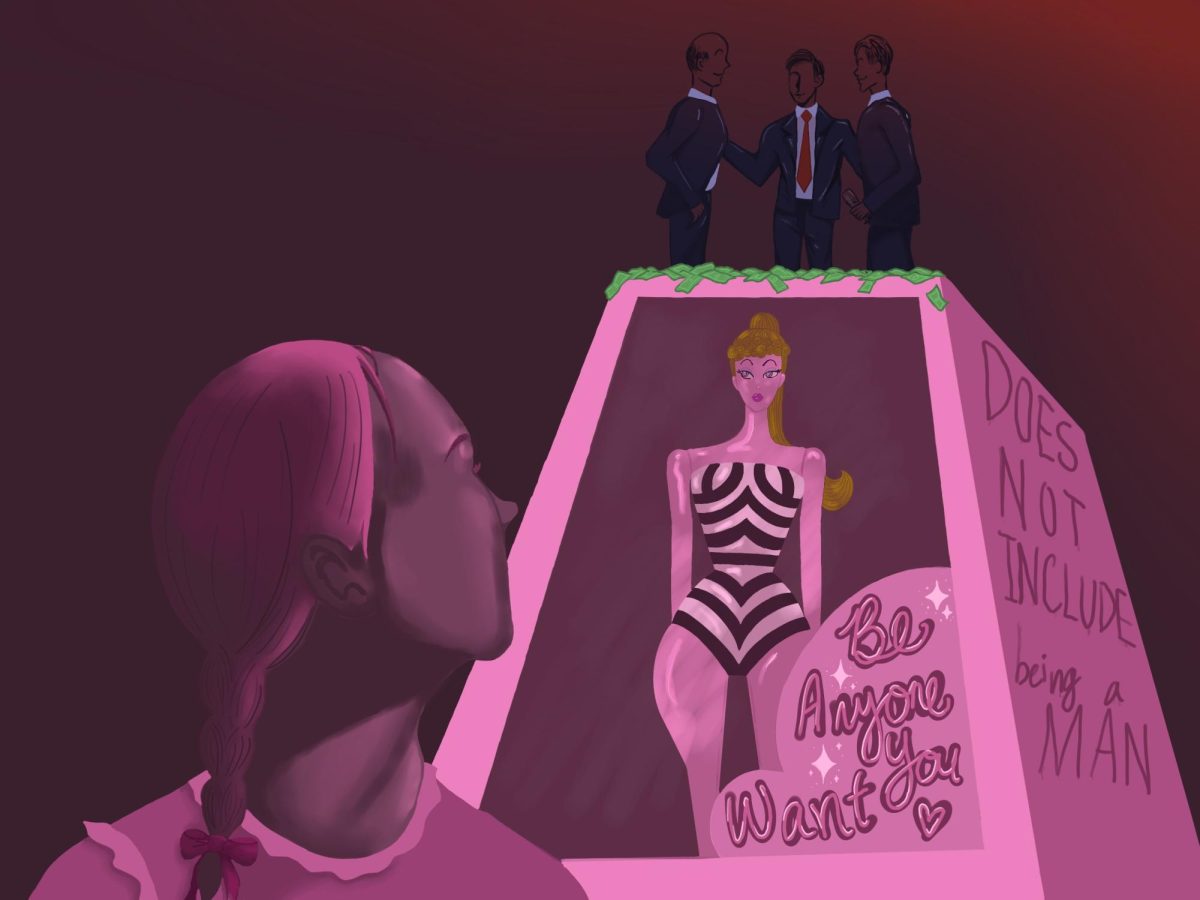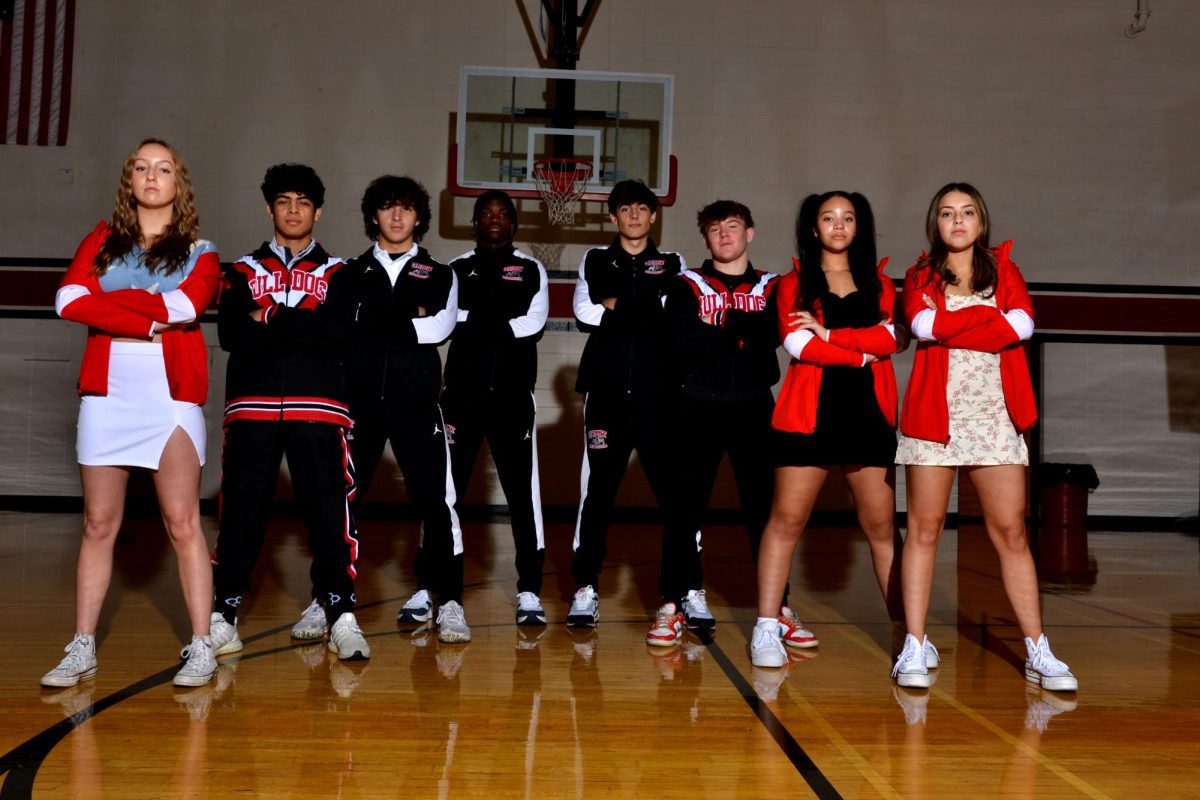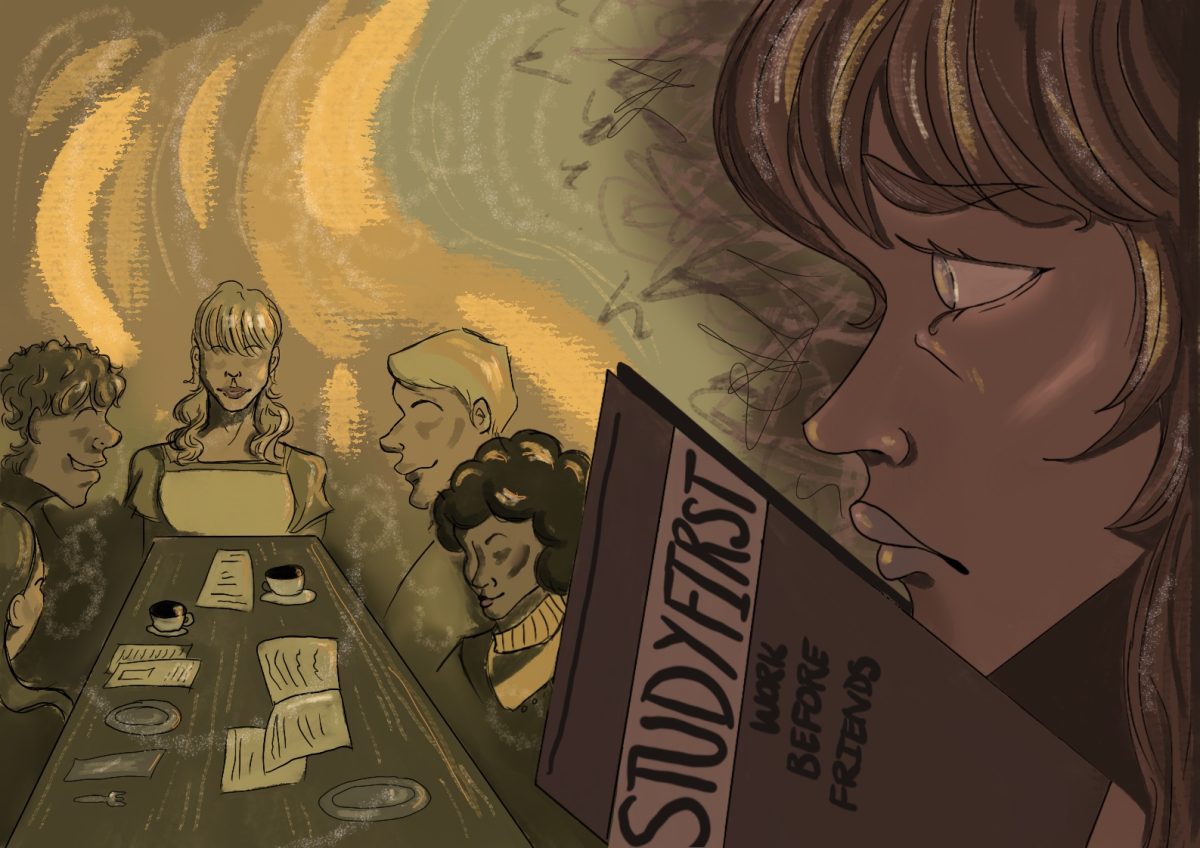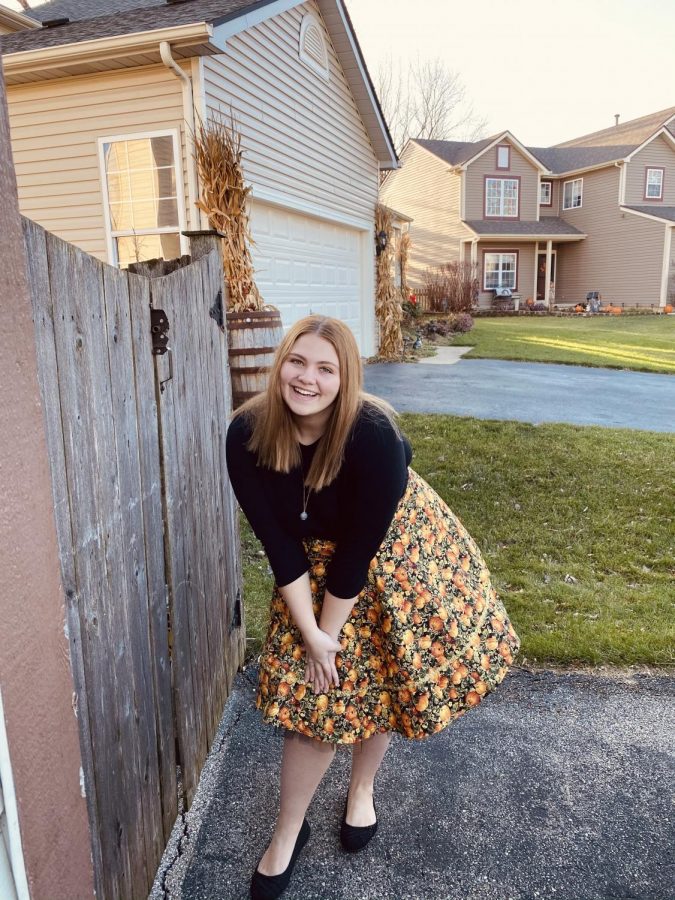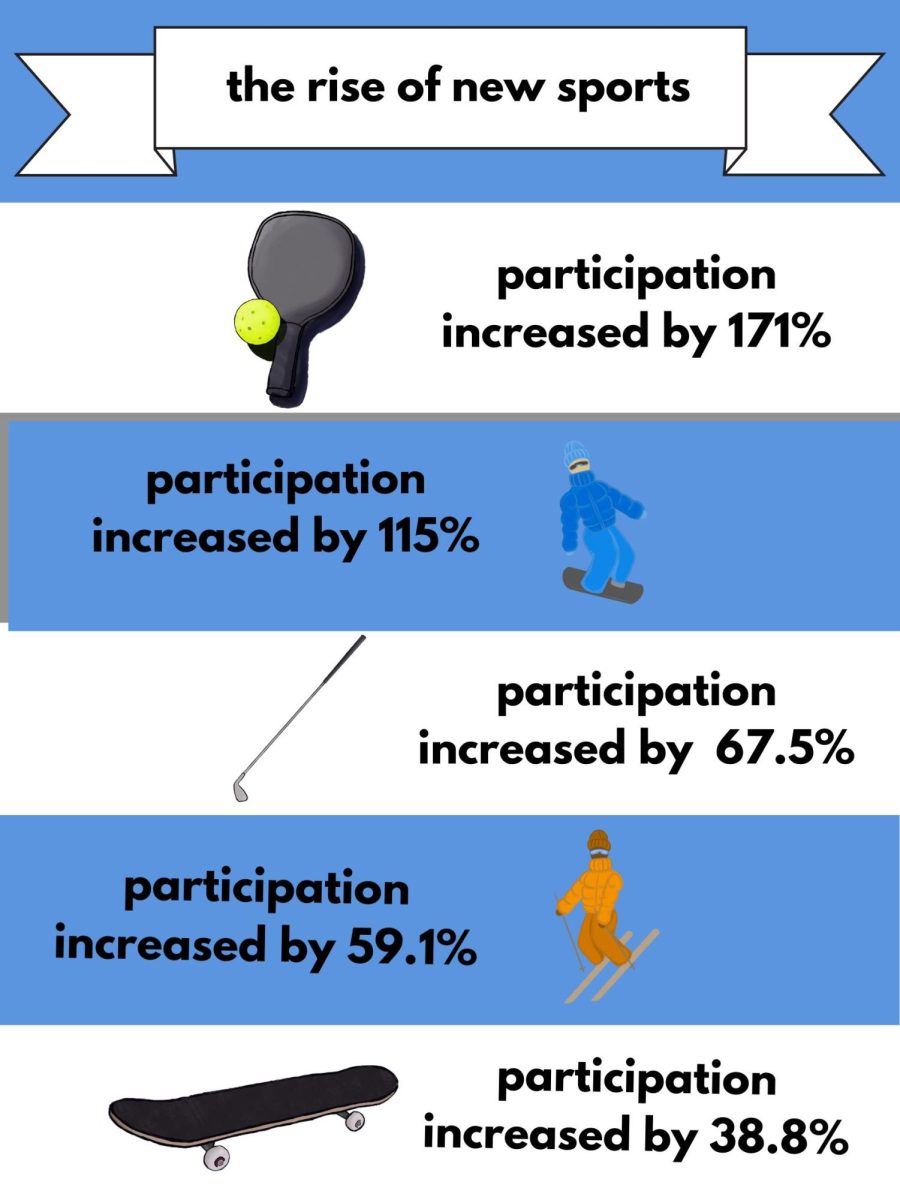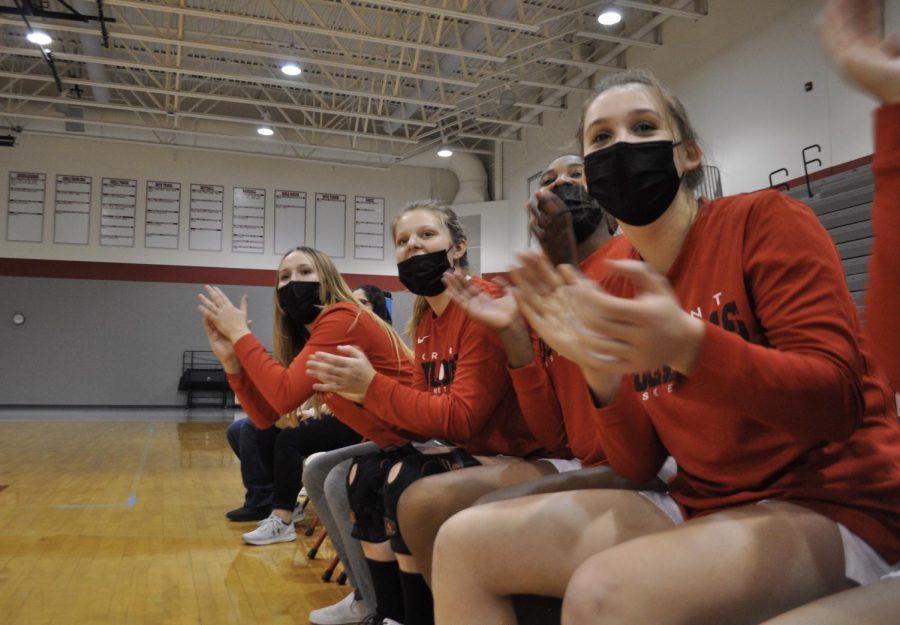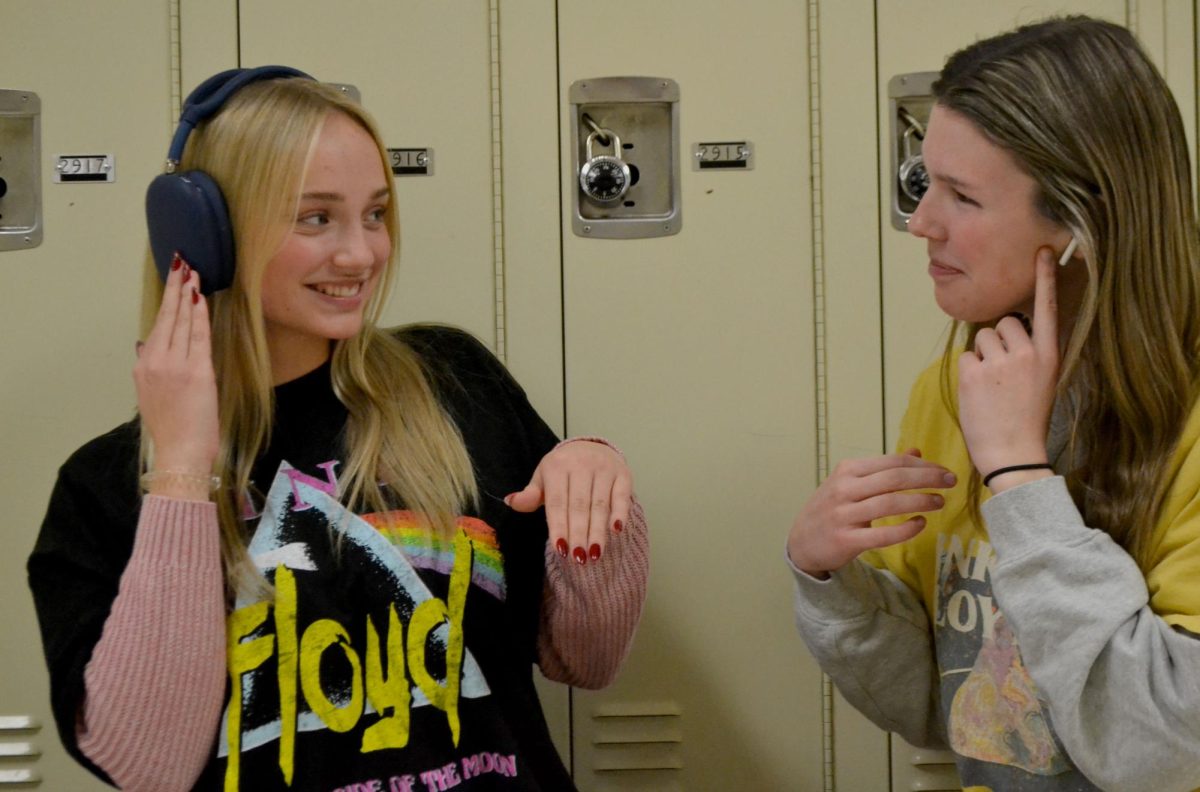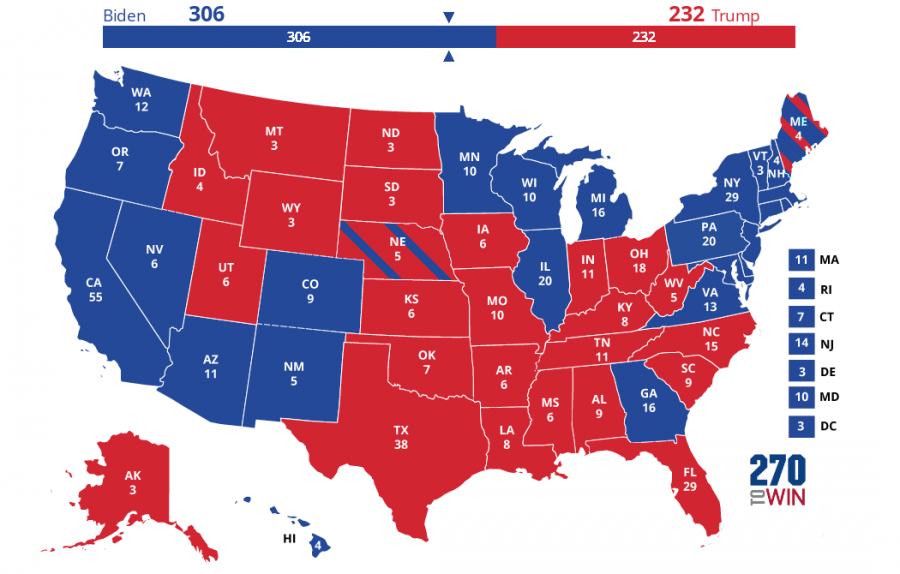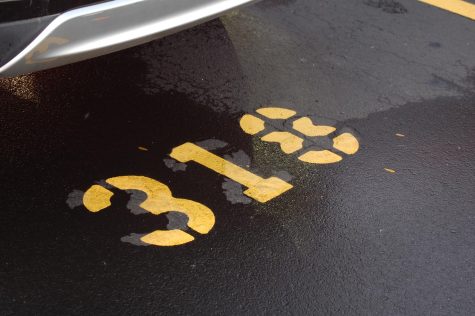The Electoral College: An In-Depth Explanation
Now, you may know a little about the Electoral College and somewhat on how it operates, but what is the history, workings and a system that could rival it all about?
December 18, 2020
The Electoral College is one of America’s oldest systems since the year 1804, determining the election results and who will win the presidency every four years.
How did the Electoral College First Begin?
Initially, the electoral college was made for a few reasons, the original creators of the system “feared factions and worried that voters wouldn’t make informed decisions.” They believed that bigger states would control the whole election and choose the president, while others thought using Congress would be a good idea, so the Electoral College was a compromise that people agreed upon. Each state has at least three electors, but six states actually have those 3 votes, Alaska, Delaware, Montana, North Dakota, Vermont, and Wyoming. Though voters In Puerto Rico and other non-state territories don’t get a vote in the presidential election but do in primaries.
How does the electoral college operate?
What is the electoral college?
In America, instead of the popular vote, we use a system that gives each state a certain number of electors, which is equal to their number of senators and House of Representatives combined. For Example, We have Illinois, which has 20 electoral college votes, which has two senate members and 18 House of Representatives. Compared to the state of Wyoming, it has three electoral college votes. (two senators and one representative)
Even though you live in a smaller state like Wyoming, compared to California, you have a considerable say in your vote due to the high population. With the election behind us in November, there have been questions on what system would best replace the Electoral College and ensure representation among all voters greatly throughout all the states.
Who takes care of your votes in the electoral college?
These are people who are associated with local political parties, they’re elected around January 20th. It’s not known if these people are known to bias, but if the people go against their county’s vote, they pay a $1,000 fine.
How do some people agree and disagree with the Electoral College Process?
Mr. Boton is a government teacher who works at Grant Community High School and is heavily invested in politics. He is strongly educated on the topic and provided deep feedback.
Mr. Boton represents an opinion that the popular vote would be the best system to swap places with our current system. Out of the last eight elections in the USA, Democrats have won seven of the popular votes. Two states perform this action, Maine, and Nebraska, allowing whoever wins the popular vote in the whole state to take all the electoral votes.
Mr. Boton thinks that “the popular vote would give us a better representation of what the people want via their candidates.”
In the 2020 Election, The Popular vote was won by Presidential Candidate Biden against President Trump. Viewing the polls, We can see that Biden won the popular vote by 51% to Trump’s 43%. Even though Biden had won the vote, he still needed to secure states for their electoral college votes as well. In the 2016 Election, once more viewing the polls, We can see Trump actually lost the popular vote against Clinton by 47% to 44%, though he was still elected as president due to winning more states than her.
Surprisingly enough though, Trump being a previous supporter of the popular vote has now changed in his thoughts and ideas. In President Trump’s case, he states that “I used to like the idea of the Popular Vote,” he tweeted, “but now realize the Electoral College is far better for the U.S.A.” He believes that the Midwest and other smaller states would lose power if it went to a complete popular vote. With Cities running the country in a popular vote, he says, “we can’t let that happen.” Senator Elizabeth Warren disagrees with President Trump though, saying “My view is that every vote matters. And the way we can make that happen is we can have national voting, and that means get rid of the Electoral College,” This statement she gave out at a town hall came with wide applause, showing the support behind her.
Mr. Lukemeyer, a world history teacher at Grant Community High School, lends a more balanced perspective of the Electoral College process. His short summarization of the electoral college is that “When you are in a presidential election, you’re voting for electors tied to your candidate.” Mr. Lukemeyer believes that an argument can be created for both sides on whether the electoral college should be removed, stating that it gives a fair chance to both sides. He explains that the Democrat and Republican Parties choose a slate of electors to represent their party, and if their candidate wins the state, the electors earn the chance to vote. Though if they pledge their vote to their candidate, but do not vote for them, they are called a ‘Faithless’ elector.
The Electoral College is a unique system that has been around the United States Of America for a long time and seems to continue to do so. It favors the voters of the United States, but what do you think? Would you prefer our current system or want a popular vote, or do you have another, but “The Electoral College gives all candidates a chance whether they came from a small state or large state.”

